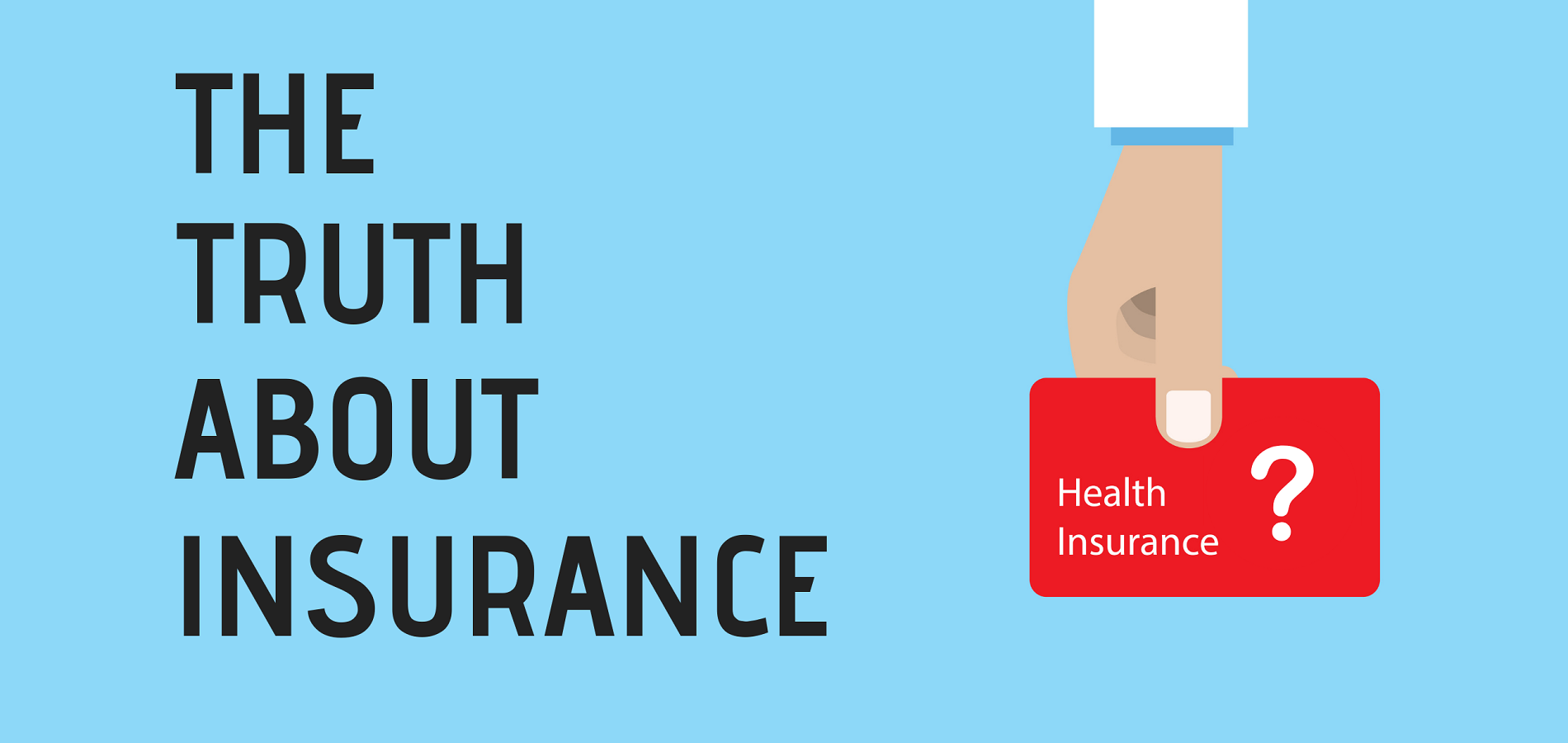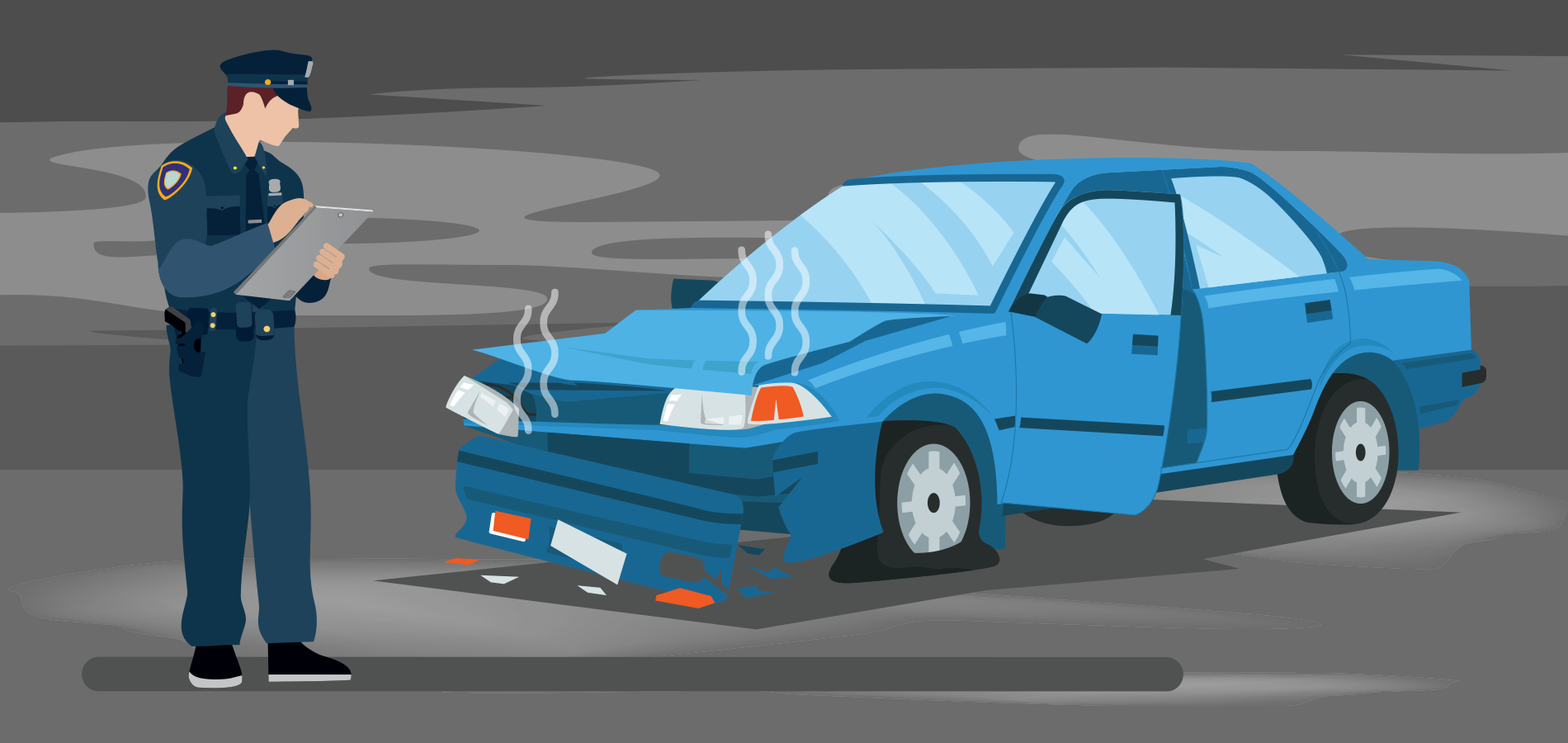This insurance protects your business in the event you are responsible for an injury or property damage to an outside party. In Canada, the most common type of claim is a “slip and fall” injury at a commercial establishment.
What is commercial general liability insurance?
This type of insurance is purchased by business owners to protect them if they are sued by a third party for bodily injury or property damage.
What’s the definition of a third party? It’s anyone who you deal with in your business, including clients, vendors and other companies.
What does commercial general liability insurance cover?
CGL insurance covers damages and legal costs for incidents caused by negligence or accident. You need this insurance if you rent or own office space, or have clients who visit your home. You also should have it if you visit clients at their office or home. CGL insurance covers your employees who conduct business off site.
Let’s look at some examples:
- Ahoy Matey! is a popular seafood restaurant in Ontario. One day, the refrigeration system does not work properly and several customers are served fish that has gone bad. They get severe food poisoning and two clients miss a week of work while they recover. They sue for damages, medical expenses and legal fees. Ahoy Matey’s CGL insurance covers the claim, which totals $15,000.
- Bob the Builder Inc. does home renovations in Kelowna, British Columbia. Bob is acting as general contractor for a kitchen remodeling. While bringing their equipment into the house, the crew accidentally damages the hardwood floors in the hallway. Their CGL insurance pays the $3,000 cost to repair and refinish the floors.
- Do The Math Accounting is a bookkeeping firm with a storefront location in Winnipeg. As happens sometimes in Manitoba, it’s snowy one day and the front steps are icy. Unfortunately, Susan, who is responsible for clearing the steps, is off sick and no one else takes on the task. A customer slips on the ice and breaks his leg. The CGL insurance covers the damages, medical expenses and legal fees. Total: $15,000.
What does commercial general liability not cover?
CGL insurance will not cover:
- Contractual liability: This covers liability you assume under a lease, rental agreement or other common commercial contract.
- Intentional criminal acts: If you’re a financial adviser and steal your client’s RRSP money, you can’t file a claim when they sue you. Not a surprise!
- Patent infringement: If you violate a patent by incorporating an invention into your product without compensation, the patent holder can sue you. CGL insurance will not apply.
- Automobile liability: If you or your staff cause an accident, your CGL insurance will not apply. You need the appropriate auto insurance.
- Professional services: If you provide advice, such as a consultant or lawyer, you will need professional liability insurance. This is also known as “errors and omissions” coverage.
How much does commercial general liability insurance cost?
The cost will vary depending on your business revenues, number of employees and your previous claims history. In Canada, it will cost about $450 per year for a small or medium-sized business with $2 million in coverage. The more clients who visit your commercial establishment, the higher the cost will be.
Commercial general liability insurance vs professional liability
CGL insurance covers you for bodily injury and property damage claims. On the other hand, it does not protect you if you make an error in providing professional advice to a client. For this, you need professional liability insurance. This is also known as “errors and omissions” insurance.
Let’s look at an example. An engineering firm was constructing a new building and hired an architectural technician to plan its core drilling. Unfortunately, the technician failed to mark a water main on the plan. The drillers struck the water main, rupturing it and causing flooding. The restaurant next door was flooded and was forced to close, losing thousands of dollars in revenue during the clean-up. The architectural technician’s errors and omissions insurance covered the claim and legal costs.
Who needs commercial general liability insurance?
Any business owner who interacts directly with clients, vendors and other businesses during day-to-day activities. The most common type of damages is a client falling and suffering an injury at your site. However, accidents can also occur outside of your place of business.
Let’s look at an example. Jean-Luc is a financial adviser who works remotely from his home. He never has clients visit his home office. However, he sometimes goes to their houses. One day he heads to a meeting at a client’s home and trips while walking into the living room. His briefcase hits a valuable statue, which falls to the floor and smashes to pieces. The client claims damages of $5,000. Jean-Luc should have CGL insurance to cover this type of accident.
What other forms of insurance should you consider?
In addition to commercial general liability and professional liability, there are a number of types of insurance you may need for your business:
- Commercial automobile: Covers the vehicles your business owns or leases. And provides automobile liability protection.
- Cybersecurity: Protects you if your computer network is hacked.
- Directors and officers: Covers your board members and executives in the event that you are sued.
- Crime insurance: Will reimburse you if an employee commits fraud or theft from your company.
- Business interruption: Makes up for lost revenue if your company has to close due to a flood, fire or other incident.
- Key person: This is life insurance on people whose work is vital to the success of the business. It could be the company president or an expert in the field.
Why buy Commercial General Liability Insurance?
CGL insurance is vital because “slip and fall” incidents are very common in Canada. In addition, companies will need other types of insurance depending on the type of business and number of employees. Contact your insurance broker to discuss what you should have.





